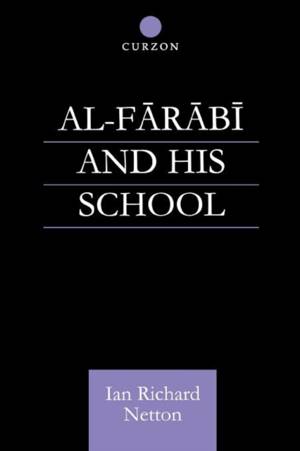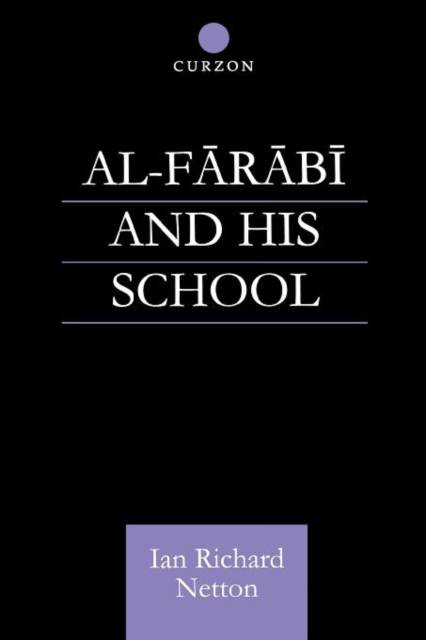
- Afhalen na 1 uur in een winkel met voorraad
- Gratis thuislevering in België vanaf € 30
- Ruim aanbod met 7 miljoen producten
- Afhalen na 1 uur in een winkel met voorraad
- Gratis thuislevering in België vanaf € 30
- Ruim aanbod met 7 miljoen producten
Zoeken
Omschrijving
Examines one of the most exciting and dynamic periods in the development of medieval Islam, from the late 9th to the early 11th century, through the thought of five of its principal thinkers, prime among them al-Farabi. This great Islamic philosopher, called 'the Second Master' after Aristotle, produced a recognizable school of thought in which others pursued and developed some of his own intellectual preoccupations. Their thought is treated with particular reference to the most basic questions which can be asked in the theory of knowledge or epistemology. The book thus fills a lacuna in the literature by using this approach to highlight the intellectual continuity which was maintained in an age of flux. Particular attention is paid to the ethical dimensions of knowledge.
Specificaties
Betrokkenen
- Auteur(s):
- Uitgeverij:
Inhoud
- Aantal bladzijden:
- 128
- Taal:
- Engels
Eigenschappen
- Productcode (EAN):
- 9780700710645
- Verschijningsdatum:
- 24/09/1999
- Uitvoering:
- Paperback
- Formaat:
- Trade paperback (VS)
- Afmetingen:
- 167 mm x 213 mm
- Gewicht:
- 190 g

Alleen bij Standaard Boekhandel
+ 238 punten op je klantenkaart van Standaard Boekhandel
Beoordelingen
We publiceren alleen reviews die voldoen aan de voorwaarden voor reviews. Bekijk onze voorwaarden voor reviews.











